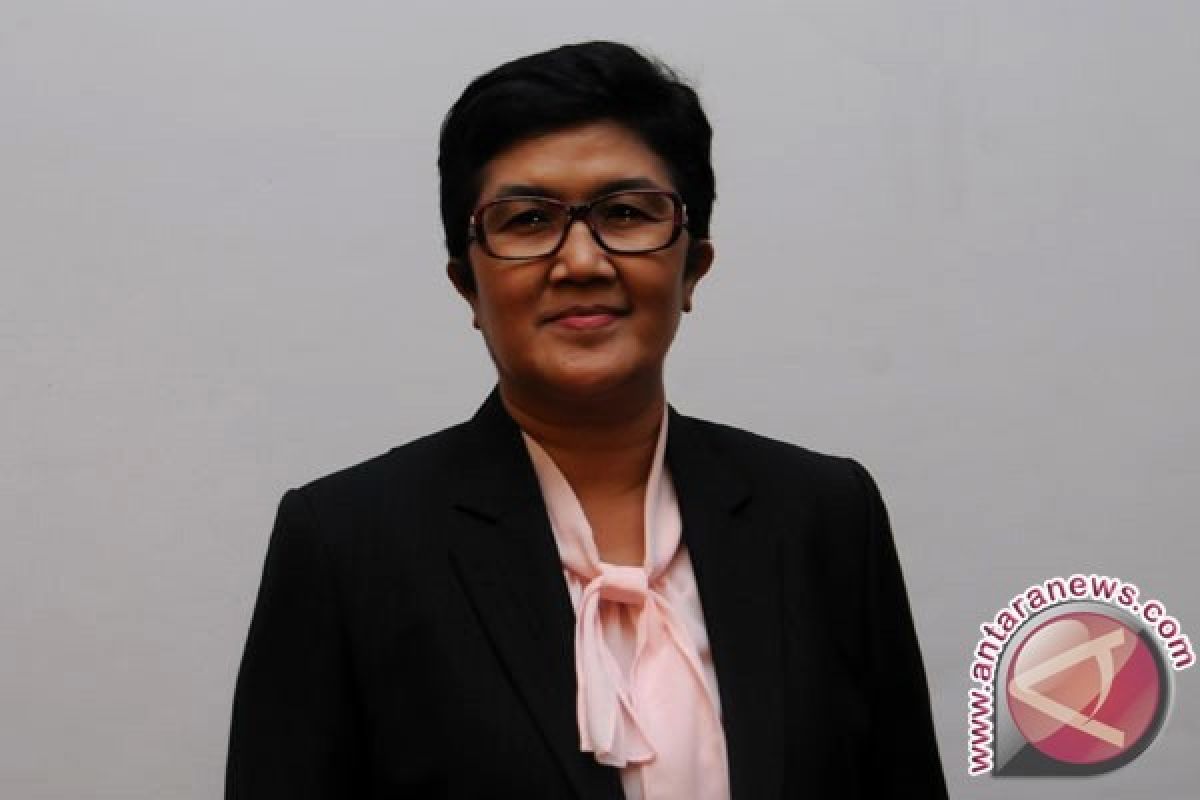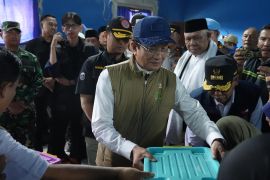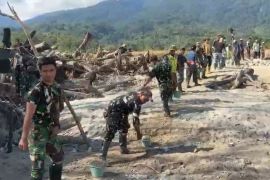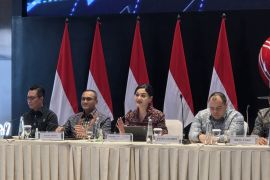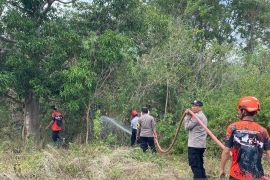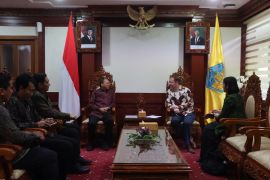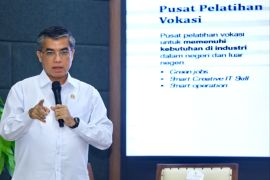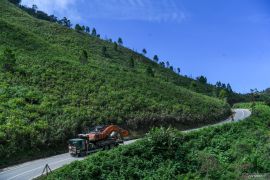In a written statement received here on Friday, Haiyani said that the first involved increasing cooperation in investing in human resources (HR).
According to her, countries in the Asia Pacific region must continue to strengthen cooperation in institutions and vocational education and training programs. Indonesia is open and ready to work with countries in Asia and the Pacific to improve the quality and capacity of vocational education and training.
"This is to prepare ourselves for the possibility of disruptive effects due to new technologies in the future workforce and to better meet the demands of the labor market," Haiyani said.
The second strategy is to improve the employment policies for the elderly.
Indonesia is of the view that an aging workforce will pose increasingly greater challenges for the Asia-Pacific region. This is because elderly workers in the region are expected to increase significantly by 2030.
"We must take the steps needed to provide equal opportunities and treatment for elderly workers in the labor market. Countries in Asia and the Pacific region must further explore appropriate and adequate ways and strategies to ensure that elderly people can find equal opportunities in the labor market," Haiyani said.
The third strategy is dealing with workers in the informal sector.
The report of the International Labor Organization (ILO) shows that 63.2 percent of the working population in the Asia-Pacific region makes a living in the informal sector. Most of them do not enjoy social protection and decent working conditions.
"Therefore, we believe that we need to learn from each other about how to deal with workers in the informal sector to facilitate the transition of these workers to the formal sector," Haiyani said.
The fourth strategy is to strengthen ILO support for countries in the Asia-Pacific region. Indonesia underlines the importance of the ILO in providing assistance to the government, private sector and trade unions.
The ILO needs to give greater priority to the Asia-Pacific region in addressing labor challenges in the future. Indonesia believes that overcoming the challenges of work in the future requires the widest possible participation of all stakeholders.
"In this case, we encourage ASPAG members to reaffirm their commitment to the Bali Declaration adopted in 2016 to accelerate efforts to promote inclusive growth, social justice and decent work," Haiyani said.
Based on the Asia-Pacific Employment Data and the 2018 Social Outlook, it is noted that Asia and the Pacific constitute the region with the lowest unemployment rate in the world with labor productivity in the region increasing by an average of five percent per year during the period 2007-2017. However, this impressive progress must be supported by a commitment to achieving decent work.
Translator: Anita Permata Dewi/Eliswan Azl
Editor: Bambang Purwanto
Copyright © ANTARA 2019
